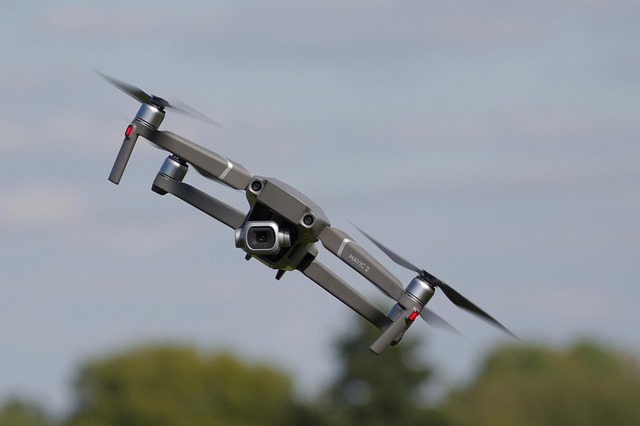Unleashing the Limitless Potential: AI Technology’s Evolutionary Impact on Industries
Artificial Intelligence (AI) technology has been making waves in various industries, revolutionizing the way businesses operate and transforming the world as we know it. From healthcare to finance, manufacturing to transportation, AI is rapidly evolving and reshaping industries in unimaginable ways. With its ability to analyze vast amounts of data, make complex decisions, and learn from experiences, AI is unleashing limitless potential and driving unprecedented growth and innovation. In this article, we will explore the evolutionary impact of AI technology on industries and how it is changing the game for businesses worldwide.
The Rise of AI: From Science Fiction to Reality
The concept of AI has been around since the 1950s, but it wasn’t until recent years that the technology has truly taken off. With advancements in computing power, big data, and machine learning algorithms, AI has become a reality and is now an integral part of our daily lives. From virtual assistants like Siri and Alexa to self-driving cars and facial recognition software, AI has made its way into our homes, workplaces, and communities. As a result, the global AI market is expected to reach a staggering $190.61 billion by 2025, with a compound annual growth rate of 36.62%. This growth is a testament to the rapid adoption of AI technology by industries worldwide.
Revolutionizing Industries: How AI is Making an Impact
The impact of AI on industries is undeniable, and its potential for growth and innovation is limitless. Let’s take a look at some of the industries that have been transformed by AI technology.
1. Healthcare: AI is revolutionizing the healthcare industry, from diagnosis to treatment. With the help of AI-powered systems, doctors can now analyze patient data, identify patterns, and make accurate diagnoses in a fraction of the time it would take a human. AI is also being used to develop personalized treatment plans, predict patient outcomes, and even assist in surgeries. This not only improves patient care but also reduces the workload of healthcare professionals, allowing them to focus on more critical tasks.
2. Finance: The finance industry is another sector that has been transformed by AI. With its ability to analyze vast amounts of data, AI is being used to detect fraud, predict market trends, and automate financial processes. This has led to increased efficiency, reduced costs, and improved customer experiences. AI-powered chatbots are also being used in the finance industry to provide personalized customer service and streamline communication.
3. Manufacturing: AI is also making waves in the manufacturing industry, with its ability to automate processes and improve efficiency. From predictive maintenance to quality control, AI-powered systems are helping manufacturers reduce costs, increase productivity, and improve product quality. This has also led to the development of smart factories, where machines can communicate with each other and make real-time decisions, resulting in a more streamlined and efficient production process.
The Future of AI: Opportunities and Challenges
The potential of AI technology is vast, and its impact on industries is only going to increase in the future. With advancements in deep learning and natural language processing, AI is becoming more human-like, making it even more valuable in various industries. However, with great power comes great responsibility, and the rise of AI also brings its own set of challenges. One of the biggest concerns surrounding AI is the potential loss of jobs. With the automation of tasks, many fear that AI will replace human workers, leading to unemployment. However, experts believe that AI will create more jobs than it eliminates, as it will require skilled workers to develop, maintain, and improve the technology.
Another challenge is the ethical implications of AI. As AI systems become more advanced, questions arise about their decision-making processes and potential biases. To address this, many companies are now implementing ethical guidelines and frameworks for the development and use of AI technology.
Conclusion: Embracing the Evolution of AI
In conclusion, AI technology is evolving at an unprecedented pace, and its impact on industries is undeniable. From healthcare to finance, manufacturing to transportation, AI is transforming the way businesses operate and creating new opportunities for growth and innovation. While there are challenges that come with the rise of AI, it is essential to embrace its evolution and harness its potential for the betterment of industries and society as a whole. As we continue to push the boundaries of what is possible with AI, the future looks bright, and the possibilities are truly limitless.

